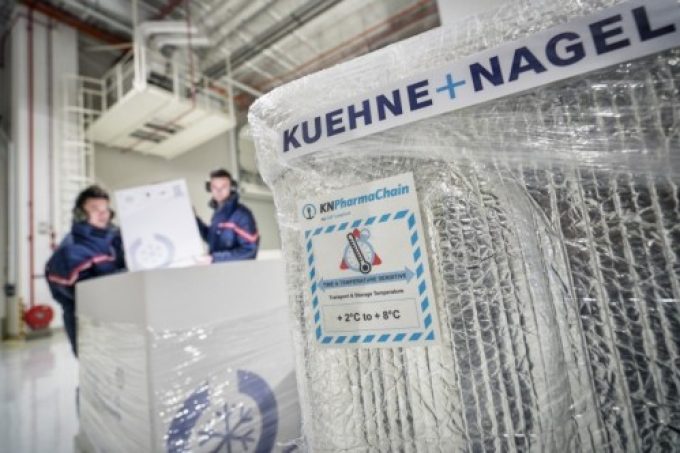'Just Lund' a drag on DSV's value? Bring in Kuehne...
…and FX

Logistics professionals in the pharmaceutical sector need to push for “better alignment on handling and transport standards”.
At yesterday’s Temperature Controlled Logistics conference in London, Amelia Binci, director of external quality assurance for distribution and logistics at pharma manufacturer MSD, said alignment was her main challenge ...

Comment on this article